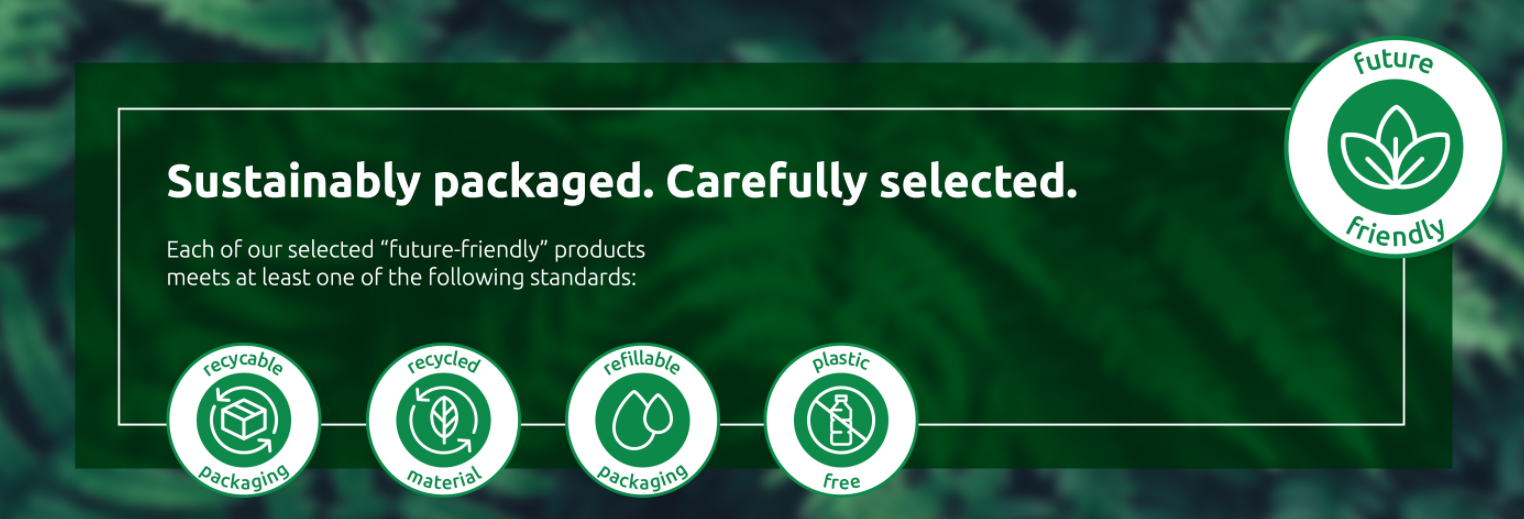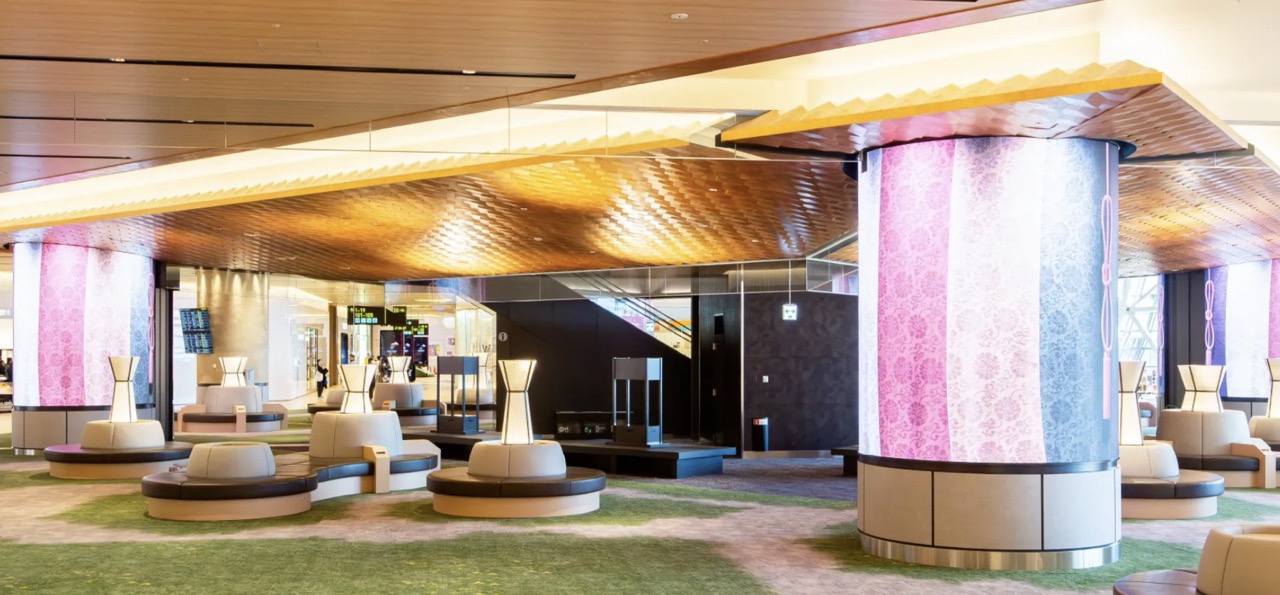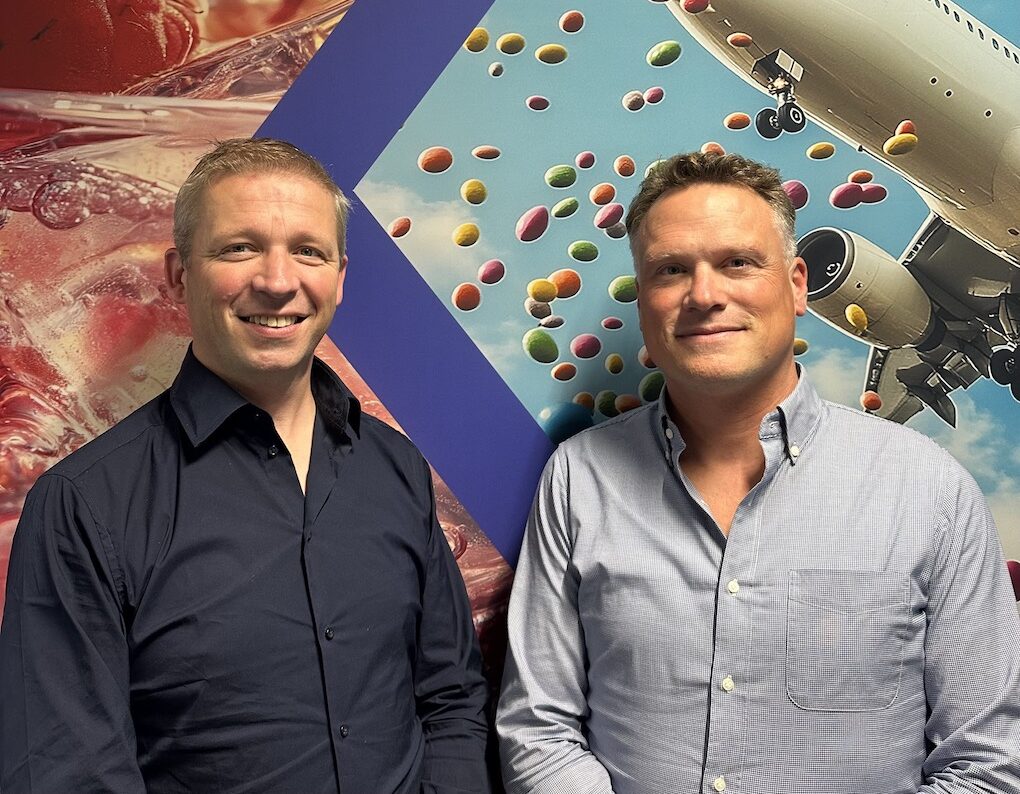
GERMANY. In a powerful affirmation of its commitment to the sustainability of the planet, Gebr Heinemann has this month launched a new concept called “future friendly: Great for you. Better for the planet” on its online webshop and at airport stores in Berlin, Frankfurt and Hamburg.
With this concept, which will run until January 2022 Heinemann said it is drawing travellers’ attention to future-friendly products within its assortment. The retailer noted that the campaign targets those who already shop consciously and others whose interest in sustainable consumption could be awakened in this way.
“We are convinced that our industry succeeds in both: being commercially successful and at the same time making a social and ecological contribution,” said Chief Commercial Officer Dr Dirk Schneider. “With our new future-friendly concept, we take a further step towards more sustainability for shoppers in travel retail.”

Fourfold focus
Within the ‘future friendly’ concept, Gebr Heinemann said it is not only underlining its sustainable focus but also positioning itself as a pioneer in international travel retail. Amazing products that are ‘Great for you’ should be ecologically justifiable and ‘Better for the planet’, the company noted.
In the initial phase, Gebr Heinemann plans to focus on products with sustainable packaging and materials. In order to filter these out across all product groups, the company asked its brand partners about their contribution to sustainability in general and about the sustainability of their products in particular.

The packaging and materials of the goods that Gebr Heinemann labels as ‘future friendly’ must fulfil at least one of the four attributes of ‘recyclable’, ‘recycled’, ‘refillable’ and ‘plastic-free’, the company said.
“Our claim is to be honest and transparent with the travellers,” said Director Purchasing Perfume & Cosmetics Britta Hoffmann. “This also includes being able to prove the sustainability level of a product. To do this, we need measurable criteria and reliable data, which we check carefully.
“While we focused on sustainable packaging and materials to begin with, we will add further sustainability components to our ‘future-friendly’ standard as we proceed – first and foremost fair production and environmentally friendly ingredients.”

 Sustainable product portfolio a key goal by 2030
Sustainable product portfolio a key goal by 2030
Gebr Heinemann said that it will continuously enrich its product range with future-friendly products in accordance with the following sustainability goal (one of four it is pursuing within the current decade): “By 2030, we will achieve more than half of our turnover through sustainable products and by working with responsible suppliers.”
As reported, in September, Gebr Heinemann published its sustainable development goals in the third progress report for the United Nations Global Compact, of which it has been a member since 2018.

Bringing consumers along on the sustainability ride
The company said that it attaches great importance to bringing travel retail consumers along with it on the sustainability journey. The launch of the new concept has therefore been accompanied by a survey in which all travellers can participate via https://www.heinemann-shop.com/en/global/sustainability

“With our survey, we want to analyse how and to what extent we catch the attention of travellers with ‘future friendly: Great for you. Better for the planet,´” said Senior Strategy Manager Purchasing Sarah Rughöft. “We want to find out whether they can understand that the concept is about sustainability – and specifically about environmentally friendly product packaging – and how much value they place on environmentally friendly packaging and materials.
“In travel retail, we are a pioneer with our concept, and through the travellers we want to learn which sustainability criteria are particularly important to them.”

Since the beginning of November, Gebr Heinemann has further underlined its sustainable orientation by shipping ‘climate neutrally’ from the Heinemann webshop with ‘DHL GoGreen’. With this shipping option, DHL compensates CO2 emissions caused by the delivery by investing in climate protection projects around the globe.











